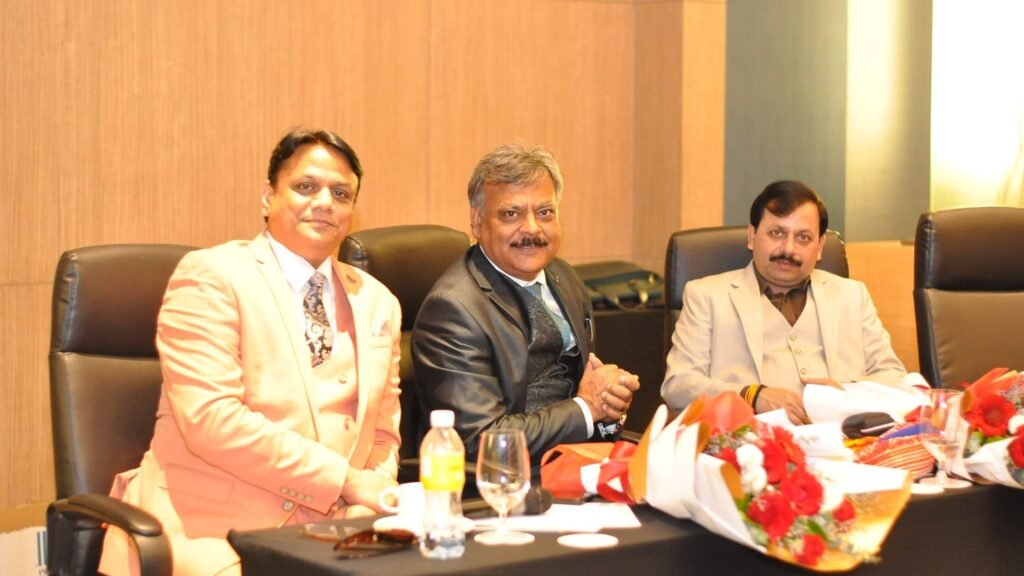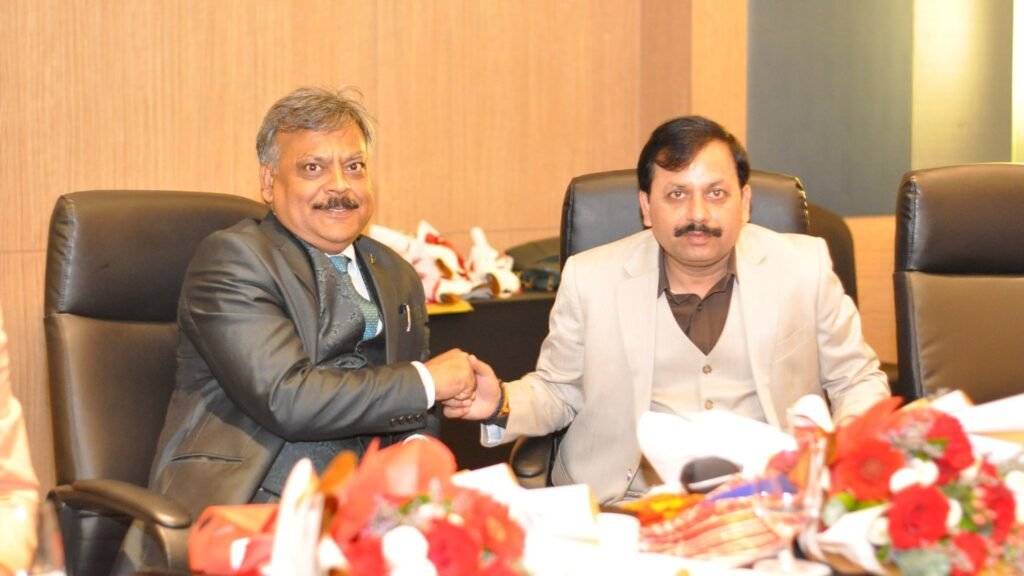Leadership skills include the abilities or strengths shown by people in management roles that aid in guiding and encouraging a group of people and their team toward achieving a common goal or set of goals. These skill sets include communication, negotiation, conflict resolution, decision-making, and more.

Introduction: The Many Facets of Leadership
At its core, leadership is often considered a skill, but it is, in fact, a multifaceted ability that encompasses various characteristics and competences. Understanding leadership as a skill opens up pathways to refining and mastering it, just like any other capability.
Leadership as an Innate Talent vs. an Acquired Skill
There’s a long-standing debate on whether leaders are born or made. While some people naturally exhibit leadership traits, the truth is that leadership, like other skills, can be cultivated, honed, and developed with intentional effort and experience.
The Emotional Aspect: Empathy and Understanding
A significant part of leadership involves understanding emotions, both one’s own and those of others. Emotional intelligence plays a crucial role in enabling leaders to connect, inspire, and build trust among team members.

Communication: The Essential Leadership Tool
Leaders must articulate their vision, provide feedback, listen actively, and facilitate open dialogue. Effective communication bridges gaps, resolves conflicts, and promotes a cohesive team environment.
Decision-Making and Problem-Solving: The Hallmarks of Leadership
Every leader encounters challenges, but what sets great leaders apart is their ability to make sound decisions even under pressure. This involves assessing situations, analyzing data, consulting team members, and sometimes relying on gut instinct to navigate complexities.
Lifelong Learning: The Commitment to Growth
The world is ever-evolving, and so are the challenges leaders face. To remain effective, leaders must commit to continuous learning. This means staying updated with the latest industry trends, understanding emerging technologies, and often re-evaluating and adjusting one’s leadership style.
Conclusion: Leadership – A Dynamic and Evolving Skill
Leadership, while innate for some, is a skill that can undoubtedly be developed and refined. Whether it’s through understanding emotions, communicating effectively, making decisions, or committing to continuous learning, leadership remains a dynamic skill that can be mastered with dedication and practice.
This is a digital era of technological innovation and globalization where the once-clear boundaries between different industries and companies are becoming blurred. Real-time competition is the reality of today, so leaders must be able to take the overload of information thrown in their faces each day, organize, categorize, and make decisions at a moment’s notice.
To learn more and advance your life forward. Join the RBC community that is changing the definition of personal growth and leadership.







